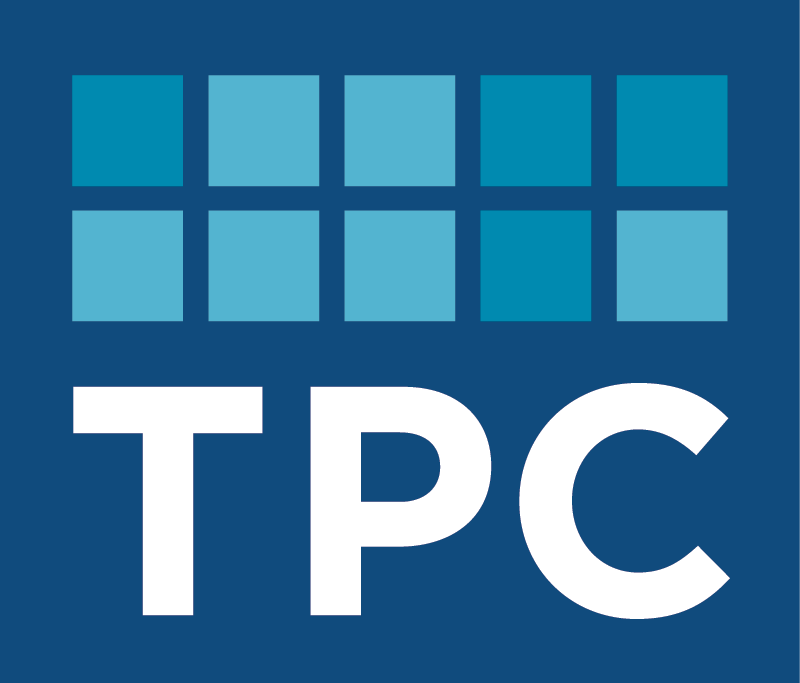FAIR USE NOTICE
A BEAR MARKET ECONOMICS BLOG
DEDICATED TO OCCUPY AND THE ECONOMIC REVOLUTION
OCCUPY THE MARKETPLACE
This site may contain copyrighted material the use of which has not always been specifically authorized by the copyright owner. We are making such material available in an effort to advance understanding of environmental, political, human rights, economic, democracy, scientific, and social justice issues, etc. we believe this constitutes a ‘fair use’ of any such copyrighted material as provided for in section 107 of the US Copyright Law.
In accordance with Title 17 U.S.C. Section 107, the material on this site is distributed without profit to those who have expressed a prior interest in receiving the included information for research and educational purposes. For more information go to: http://www.law.cornell.edu/uscode/17/107.shtml
If you wish to use copyrighted material from this site for purposes of your own that go beyond ‘fair use’, you must obtain permission from the copyright owner.
Read more at: http://www.etupdates.com/fair-use-notice/#.UpzWQRL3l5M | ET. Updates
Read more at: http://www.etupdates.com/fair-use-notice/#.UpzWQRL3l5M | ET. Updates





No comments:
Post a Comment